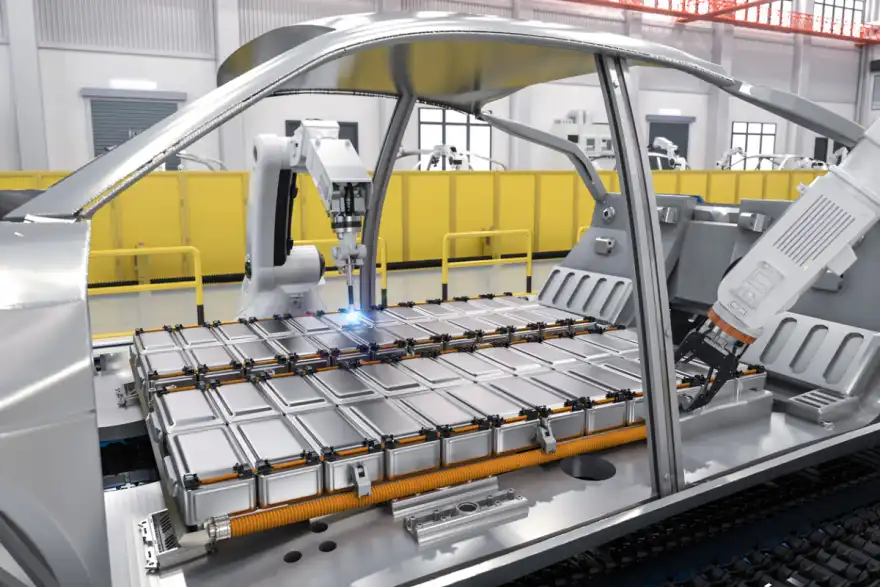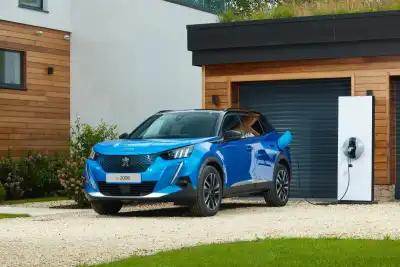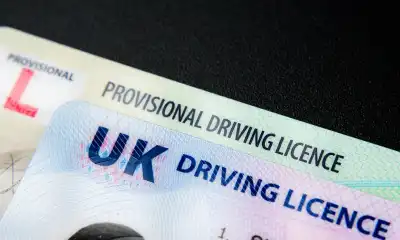
Starting from February 2027, electric vehicles sold in the European Union will be required to have battery passports, a key component of the new EU Battery Regulation. These digital documents will be obligatory and linked to the Vehicle Identification Number (VIN) and a QR code.
When scanned with a digital device, the QR code will unveil comprehensive information about the raw materials' sources, pre-manufacturing processes, and post-manufacturing details such as battery capacity and condition.
The initiative aims to enhance transparency in the often complex and interchangeable supply chains of electric vehicle batteries. Under the EU Battery Regulation, battery or vehicle manufacturers must disclose carbon emissions from production and increase the use of recycled materials leading up to the ban on new Internal Combustion Engine (ICE) car sales in 2035.
Ellen Carey, Chief External Affairs Officer at Circulor, a company specialising in supply chain visibility and battery passports, highlighted the passports' role in creating accountability in the supply chain.
“Many [manufacturers] don’t know their supply chain and often the [suppliers] are changing about three or four times a year, based on the contracts which, especially in the mid-tier section, are changing based on lower cost,”
These passports, costing between £6 and £11 per battery, provide manufacturers with detailed insights into their supply chains, allowing them to track changes and interrogate activities.
Circulor's passport specifically reveals information about the sources of cobalt, graphite, lithium, mica, and nickel. The company uses industrial Internet of Things data to create a "digital twin," a virtual copy of the physical item, complete with an electronic paper trail, tying all relevant information to the VIN or QR code.
Outside the EU, battery passports can serve different purposes, such as qualifying electric cars for Clean Vehicle Tax Credits in the United States. These "naked battery passports" can focus on the battery's post-manufacturing journey, catering to markets emphasising second buyers and used EVs' residual values.
Although European authorities haven't specified the exact information required in a battery passport, the Battery Pass Consortium, led by Systemiq and funded by the German Federal Ministry for Economic Affairs and Climate Action, is working on defining the passport's contents. The proposed passport includes 90 pieces of information across seven categories, covering general battery and manufacturer information, compliance, certifications and labels, battery carbon footprint, supply chain due diligence, battery materials and composition, circularity and resource efficiency, and performance and durability.




